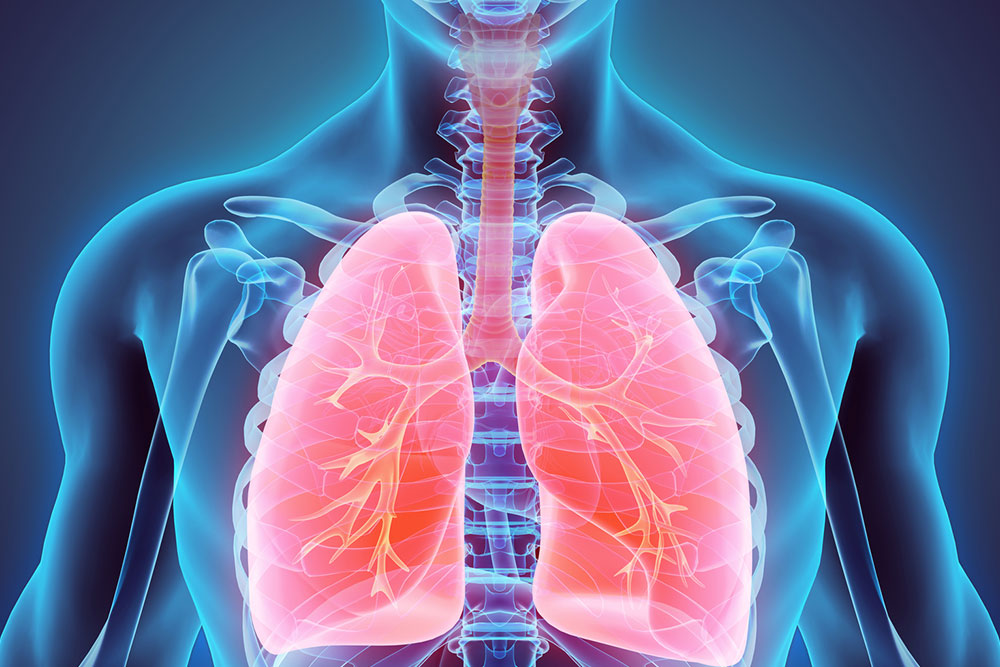
5 Foods to Aid Lung Cancer Treatment at Home
Lung cancer is one of the leading causes of deaths that occur due to cancer. It is estimated that lung cancer causes more deaths than breast, ovarian, and prostate cancers combined. Based on the statistical data by the American Cancer Society, there are about 220,000 new cases of lung cancer every year. Several types of treatments are being developed and researched on to stop or at least slow down the disease progression in lung cancer patients. Apart from this, several oncologists and nutritionists also suggest that maintaining a proper diet can help in fighting the symptoms of lung cancer. There are some foods that can keep lung cancer symptoms at bay and can also be used as home remedies along with mainstream treatments. Some of the foods that can aid a lung cancer patient are mentioned below:
- Green tea
According to several oncologists, green tea not only helps in preventing lung cancer but can also benefit to those who are living with the disease. Green tea contains theaflavin and epigallocatechin-3-gallate (EGCG) which can potentiate the effect of chemotherapy medications. It is important to know that bottled green tea may have very little or no EGCG as the compound doesn’t last long when bottled. Nutritionists suggest drinking green tea with a dash of lemon juice as it can enhance the absorption of the compound. - Ginger
Known for its hot and zesty yet sweet flavor, ginger contains a compound called 6-shogaol that can prevent the development of malignant (cancerous) cells in the lungs through apoptosis (cell suicide) of cancer cells. It can also lower the risk of metastases of the disease thereby stopping or slowing its progression. Its anti-inflammatory compounds can also help in relieving the pain caused due to the side effects of medicines that are used to treat lung cancer. - Capers
These pea-shaped pickles that are native to the Mediterranean and Asian region are rich in quercetin – a powerful antioxidant that can inhibit the growth of several cancers including salivary gland, blood, brain, and lung cancers. The compound inhibits the growth by blocking the signaling pathways of the lung cancer cells that are necessary for cancer cell multiplication and division. Other foods that contain quercetin include green and black tea, dill weed, red onions, blueberries, and apples. - Salmon
Apart from making our bones stronger, vitamin D has also been known to fight non-small lung cancer (NSLC) cells. The NSLC contains an EGFR (Epidermal Growth Factor Receptor) mutation which is inhibited by 25-hydroxyvitamin D3, which also stops or slows down tumor growth so that it can be controlled effectively through other mainstream treatments. Apart from salmon, low-fat dairy products are also rich in vitamin D. Soaking up early morning sunlight can also give the lung cancer patient a daily dose of vitamin D. - Berries
Raspberries, blueberries, and blackberries are some berries that are loaded with anthocyanidins. One such anthocyanidin known as delphinidin can inhibit the EGFR mutation. It also limits the ability of tumor cells to create new blood vessels in order to expand, thereby inducing apoptosis. As an added benefit, anthocyanidin also prevents the formation of blood clots that might develop as a symptom of lung cancer.
It is also important to keep a check on all lung cancer symptoms and consult an oncologist for appropriate treatment. Diet plays an important part in treating the symptoms while staying aware of food allergies to avoid any side effects.







